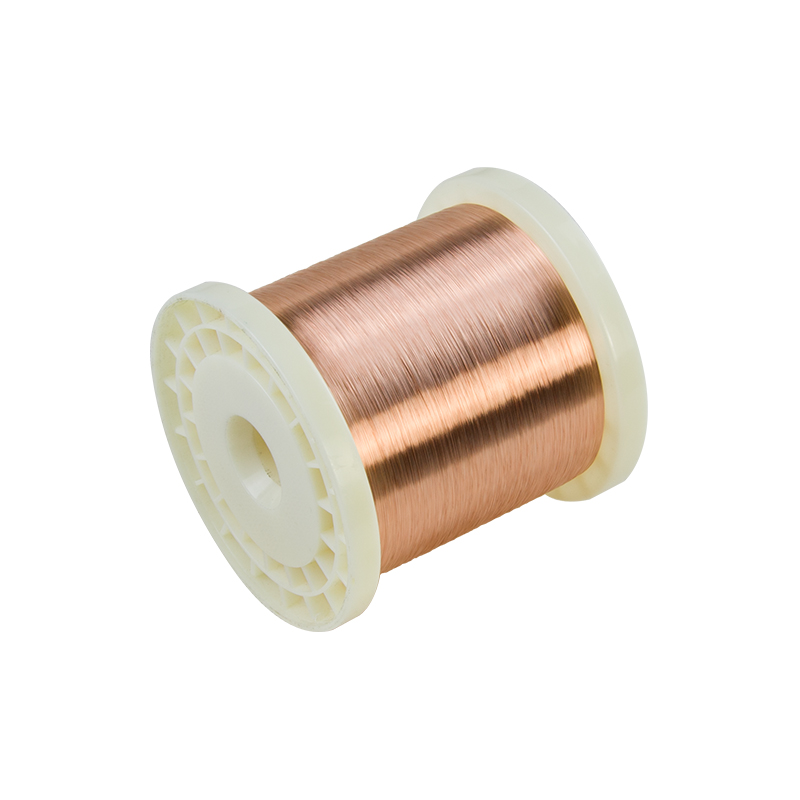Welcome to our websites!
Ultra – Thin In – Stock CuNi44 Foil 0.0125mm Thick x 102mm Wide High Precision & Corrosion Resistance
Product Description
CuNi44 Foil (0.0125mm Thickness × 102mm Width)
Product Overview
CuNi44 foil (0.0125mm × 102mm), this copper-nickel resistance alloy, also known as constantan, is characterized by a high electrical resistance
coupled with a fairly small temperature coefficient of the resistance. This alloy also shows high tensile strength
and resistance towards corrosion. It can be used at temperatures of up to 600°C in air.
coupled with a fairly small temperature coefficient of the resistance. This alloy also shows high tensile strength
and resistance towards corrosion. It can be used at temperatures of up to 600°C in air.
Standard Designations
- Alloy Grade: CuNi44 (Copper-Nickel 44)
- UNS Number: C71500
- International Standards: Complies with DIN 17664, ASTM B122, and GB/T 2059
- Dimensional Specification: 0.0125mm thickness × 102mm width
- Manufacturer: Tankii Alloy Material, certified to ISO 9001 for precision alloy processing
Key Advantages (vs. Standard CuNi44 Foils)
This 0.0125mm × 102mm CuNi44 foil stands out for its targeted ultra-thin and fixed-width design:
- Ultra-Thin Precision: 0.0125mm thickness (equivalent to 12.5μm) achieves industry-leading thinness, enabling miniaturization of electronic componentswithout sacrificing mechanical strength.
- Stable Resistance Performance: Resistivity of 49 ± 2 μΩ·cm at 20°C and low temperature coefficient of resistance (TCR: ±40 ppm/°C, -50°C to 150°C)—ensures minimal resistance drift in high-precision measurement scenarios, outperforming thinner non-alloy foils.
- Strict Dimensional Control: Thickness tolerance of ±0.0005mm and width tolerance of ±0.1mm (102mm fixed width) eliminate material waste in automated production lines, reducing post-processing costs for customers.
- Excellent Formability: High ductility (elongation ≥25% in annealed state) allows for complex micro-stamping and etching (e.g., fine resistor grids) without cracking—critical for precision electronic manufacturing.
- Corrosion Resistance: Passes 500-hour ASTM B117 salt spray testing with minimal oxidation, ensuring long-term reliability in humid or mild chemical environments.
Technical Specifications
| Attribute | Value |
|---|---|
| Chemical Composition (wt%) | Ni: 43 – 45 % Cu: balance Mn: ≤1.2 % |
| Thickness | 0.0125mm (tolerance: ±0.0005mm) |
| Width | 102mm (tolerance: ±0.1mm) |
| Temper | Annealed (soft, for easy processing) |
| Tensile Strength | 450-500 MPa |
| Elongation (25°C) | ≥25% |
| Hardness (HV) | 120-140 |
| Resistivity (20°C) | 49 ± 2 μΩ·cm |
| Surface Roughness (Ra) | ≤0.1μm (bright annealed finish) |
| Operating Temperature Range | -50°C to 300°C (continuous use) |
Product Specifications
| Item | Specification |
|---|---|
| Surface Finish | Bright annealed (oxide-free, no oil residues) |
| Supply Form | Continuous rolls (length: 50m-300m, on 150mm plastic spools) |
| Flatness | ≤0.03mm/m (critical for uniform etching) |
| Etchability | Compatible with standard acid etching processes (e.g., ferric chloride solutions) |
| Packaging | Vacuum-sealed in anti-oxidation aluminum foil bags with desiccants; outer carton with shock-absorbing foam |
| Customization | Optional anti-tarnish coating; cut-to-length sheets (minimum 1m); adjusted roll lengths for automated lines |
Typical Applications
- Micro-Electronics: Thin-film resistors, current shunts, and potentiometer elements in wearable devices, smartphones, and IoT sensors (0.0125mm thickness enables compact PCB design).
- Strain Gauges: High-precision strain gauge grids (102mm width fits standard gauge manufacturing panels) for load cells and structural stress monitoring.
- Medical Devices: Miniature heating elements and sensor components in implantable devices and portable diagnostic tools (corrosion resistance ensures biocompatibility with body fluids).
- Aerospace Instrumentation: Precision resistance components in avionics (stable performance under temperature fluctuations at high altitudes).
- Flexible Electronics: Conductive layers in flexible PCBs and foldable displays (ductility supports repeated bending).
Tankii Alloy Material implements rigorous quality control for this ultra-thin CuNi44 foil: each batch undergoes thickness measurement (via laser micrometer), chemical composition analysis (XRF), and resistance stability testing. Free samples (100mm × 102mm) and detailed material test reports (MTR) are available upon request. Our technical team provides tailored support—including etching parameter recommendations and anti-oxidation storage guidelines—to help customers maximize the performance of this precision foil in micro-manufacturing scenarios.
Write your message here and send it to us
Products categories
-

Phone
-

E-mail
-

Whatsapp
-

WeChat
Judy
150 0000 2421
-

Top









